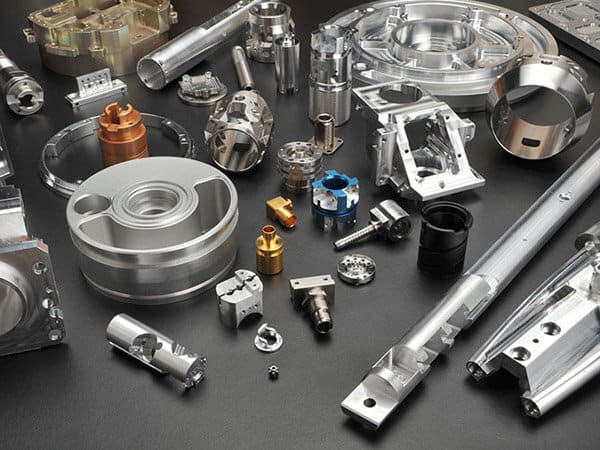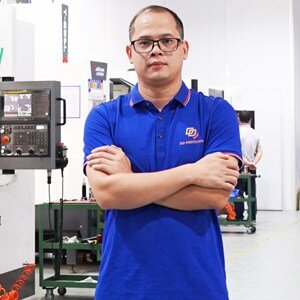
Rapid Prototyping & Rapid Manufacturing Expert
Specialize in CNC machining, 3D printing, urethane casting, rapid tooling, injection molding, metal casting, sheet metal and extrusion
The Latest Trend of CNC Machining Materials
It is necessary to discuss the latest trend of CNC machining materials for the purpose of customized parts solutions. CNC machining is a manufacturing process known for its versatility. CNC manufacturers use this process to create high-quality, custom designed parts and products for a wide range of industries from almost any type of material. Typical CNC machining materials include metals, plastics, wood, foam and fiberglass.
Types of CNC machining materials
In view of the wide range of applicable materials, CNC machining provides customers with greater flexibility in designing and engineering their parts and products. Although aluminum is the most commonly used material in CNC machining operations, almost any material with sufficient hardness can be CNC machining, including:

Alloy and tool steel (e.g., 4140, 4340, D2, A2, O1): wide range with varying properties
Aluminum 6061: aerospace-grade, affordable, and easy to machine
Brass C360: excellent machining properties and surface finishes
Duplex (e.g., 303, 17-4): high yield strength
Mild steel (e.g., 1018, 1045, A36): similar properties to SS 304, but more economical
Stainless steel (e.g., 304, 316, 2205): corrosion and chemical resistance
Acrylonitrile butadiene styrene (ABS): tough and impact resistance
High density polyethylene (HDPE): high strength-to-density ratio
Nylon 6: abrasion and chemical resistance
PEEK: high mechanical and chemical resistance
Polycarbonate (PC): tough and easy to tool
Delrin: designed for large mechanical loads
Teflon: hydrophobic and has a low coefficient of friction

In order to process these materials, the CNC machining process uses pre programmed software to guide the movement of tools and machines (including grinder, lathe, milling machine and router planer) to create complex designs and shapes. On the contrary, the manual machining process requires the direct participation of the operator in order to start and guide the operation. In addition, CNC machines can handle many different operations, such as milling, milling, drilling, winding, terminal positioning and welding.



CNC parts for various applications
CNC machining is the main content of manufacturing process in the whole industry. From small-scale machining workshops to large-scale manufacturing plants, this process can be used to manufacture precise parts without the risk of human error. Industries that rely on CNC machining to produce necessary parts include:
Aerospace: doors and body components
Agriculture: farming equipment
Automotive: precision holes for frame assembly
Construction: heavy-duty equipment components
Dental: dental equipment and tools
Electrical and Electronics: small, precision electronic components
Lettering and engraving: engraving tools and engravings
Firearms: precision firearm components
Hospitality: signage and decorations
Manufacturing: precise components like rollers
Metalwork: high contact tools
Military: precision parts and tools for transportation and assembly
Production: conveyor rollers and gears
Transportation: precise control assemblies

Discuss your CNC machining requirements with DDPROTOTYPE team
As a precision CNC machining workshop providing all-round services, DDPROTOTYPE’s team produces prototypes, from small to large, to small to large-scale production of more than 30000 pieces.


